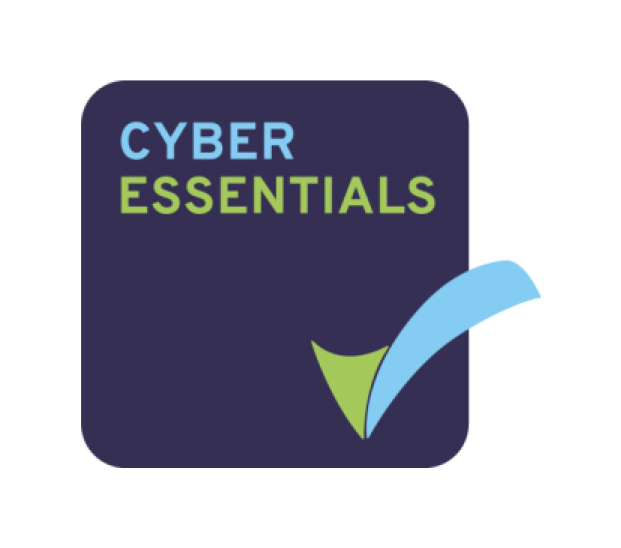
In boardrooms and finance departments around the world, one quiet transformation is gaining momentum. It’s not driven by market competition or customer demand, but by governments.
As tax authorities across regions tighten digital compliance standards, businesses are rushing to adapt. The rise of global e-invoicing and digital tax mandates is changing how organizations handle every transaction, from invoice creation to real-time reporting.
For many enterprises, NetSuite has become the system of choice for navigating this new landscape. Its expanding SuiteTax capabilities and growing list of e-invoicing integrations are helping companies meet country-specific requirements while keeping finance operations efficient and unified.
A global compliance wave
In markets like Brazil, Italy, and India, e-invoicing is already mandatory. The European Union’s “VAT in the Digital Age” (ViDA) proposal is set to expand the model even further, and other regions are close behind. Each new regulation brings its own rules for how invoices must be issued, validated, and reported in real time.
For global enterprises using NetSuite, these requirements can be complex. A single organization may need to comply with dozens of frameworks, each demanding a different data format, approval process, or tax logic.
NetSuite’s response has been to centralize compliance. Through SuiteTax and partner-led e-invoicing integrations, businesses can manage multi-country requirements from one platform, reducing risk and eliminating manual work.
From compliance to control
Leaders are starting to see e-invoicing not as a burden, but as an opportunity to strengthen visibility and accuracy across financial operations. With digital reporting built into transactions, organizations gain real-time insight into tax positions, cash flow, and revenue recognition.
This evolution is redefining how finance teams operate. Instead of reactive compliance, companies can move toward continuous monitoring and proactive control, supported by intelligent automation within NetSuite.
Anderson Frank helps enterprises hire NetSuite professionals who can design and deploy compliant, automated finance systems that scale with global tax mandates.
The skills driving this transformation
As e-invoicing and SuiteTax adoption accelerate, demand is rising for professionals who understand the intersection of finance, technology, and regulation. Hiring managers are now looking for:
- SuiteTax consultants who can configure region-specific tax logic and validations.
- Integration specialists familiar with certified e-invoicing partners and APIs.
- Finance systems analysts who can align compliance requirements with business processes.
- Automation leads who can design end-to-end digital workflows for invoicing and reporting.
According to Anderson Frank’s Careers and Hiring Guide: NetSuite Edition 2025, expertise in e-invoicing compliance and SuiteTax configuration is among the fastest-growing skill sets in the NetSuite ecosystem.
These professionals are helping global organizations stay compliant while improving efficiency and visibility across their finance operations.
Why this matters to business leaders
Regulatory change often exposes weak links in finance infrastructure. Enterprises that rely on manual processes or fragmented systems will struggle to keep up as e-invoicing becomes the global standard.
Implementing SuiteTax and automated invoicing at scale requires both the right technology and the right people. Skilled NetSuite professionals can interpret complex tax requirements, configure localized solutions, and integrate compliance seamlessly into day-to-day operations.
The result is not just compliance, but agility—a finance function that adapts automatically to new mandates and continues to operate smoothly across borders.
Anderson Frank connects global enterprises with certified NetSuite experts who specialize in automation, compliance, and multi-jurisdictional deployments, helping your organization stay ahead of every change.
The quiet future of finance
As global e-invoicing frameworks expand, compliance is becoming an embedded part of financial systems rather than an external process. For NetSuite users, the move to SuiteTax and digital invoicing is more than a regulatory upgrade, it’s a step toward a unified, transparent, and fully connected finance function.
Those who prepare early will not only meet new mandates but will also gain the real-time visibility needed to drive smarter, faster business decisions.



